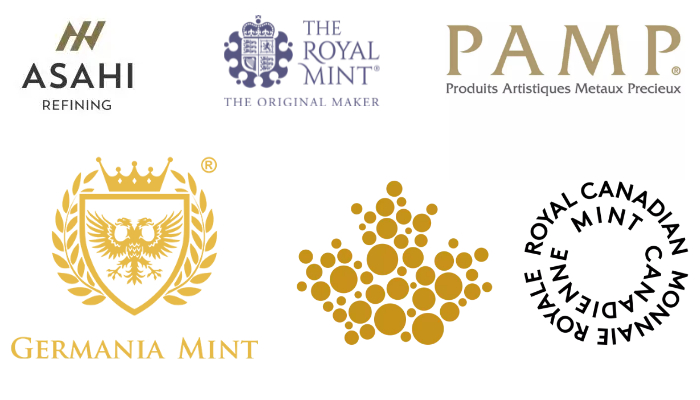After a few years of use, many electronic items produced at a high pace become garbage. These electronic devices are ultimately thrown away by everyone. A mountain of electronic garbage is created as a result. According to the Global E-waste Monitor 2020, 53.6 million metric tonnes (Mt) of WEEE were produced in 2019. In the five years following 2014, that increased by 21%. These electrical items are no longer seen as waste, though, in the modern era. From e-waste, we may extract a variety of precious metals. Additionally, Gold is a precious metal that can be recovered from e-waste.
Understanding E-waste Recycling and its Environmental Impact
- To recover valuable components and lessen the environmental impact of disposal, electronic trash is gathered, dismantled, and processed in e-waste recycling.
- Recycling electronic waste reduces the likelihood of environmental pollution by keeping it out of landfills. Recyclability reduces the requirement for incineration, which could lead to the release of air-polluting pollutants.
- Recycling e-waste and using extracted resources again can lessen the need for new mining operations, aiding in ecosystem preservation.
The Hidden Treasure: Gold Refining from E-waste
- Electronic devices that contain trace amounts of gold include PCBs, CPUs, memory chips, and connectors. Usually, the devices are mechanically broken down through shredding and grinding, and the gold is subsequently separated from other components using chemical processes like leaching or smelting.
- There are numerous ways to recover gold from e-waste. There are primarily three traditional approaches.
- We are all aware that pyrometallurgy is a crucial and practical subfield of extractive metallurgy. The gold must be crushed for this operation, and surrounding scraps are heated to a higher temperature. The pyrometallurgical process is shown to be both cost- and environmentally effective.
- A well-known method in the realm of extractive metallurgy is hydrometallurgy. For the recovery of metals from ores, concentrates, and recycled or leftover materials, aqueous chemistry is used.
- The greatest approach for recovering gold also uses biohydrometallurgy. It includes biosorption and bio-oxidation. A bio-oxidation technique is employed to remove gold from metallic sulphides. It is accomplished by using bacterially aided processes. This technique is used for most of the gold extraction in industry. Low environmental impact describes it.
- You may think acid treatment is risky, but it is one of the simplest ways to recover gold from e-waste. To extract gold from e-waste, a solution of hydrochloric acid (HCl) and nitric acid (HNO3) has been proven to be an effective chemical.
Challenges in E-Waste Recycling and Gold Refining Process
- Complex Components: A variety of electrical devices with intricate parts make up e-waste. Different types of devices have different components, materials, and chemical compositions. Due to its complexity, it is challenging to develop standardized recycling techniques that can successfully recover valuable metals like gold from various types of e-waste.
- Systematic e-waste collection is frequently insufficient, particularly in many developing countries. Due to this, a large amount of e-waste is either managed informally or ends up in landfills, which means that opportunities for material recovery are lost.
- Lack of Participation and Knowledge: Many consumers and businesses are not aware of the benefits of recycling e-waste. When people lack expertise, they commonly hoard outmoded technology or dispose of e-waste improperly.
- Technological Advances: Because new materials, components, and designs are continually being developed, it is challenging to create recycling processes that are both efficient and affordable.
- Hazardous Substances: Handling and processing e-waste without the proper safety precautions can result in worker health issues as well as environmental harm.
Exploring Business Opportunities in E-Waste Recycling and Gold Refining Industry
- Recovery and refinement of precious metals. Creating a refinery that is dedicated to extracting and purifying gold and other precious metals from e-waste can earn a large sum of money. Setting up efficient extraction and refining techniques is necessary to recover and clean, precious metals for resale to industrialists and jewellers.
- Reusing parts and components: Electronic waste usually comes with salvageable parts and components that can be used in other sorts of electronics. Starting a business that focuses on rescuing, assessing, and reselling reusable components might be financially profitable. The circular economy is supported by extending the life of electronic components and reducing the demand for new manufacturing.
- E-garbage Collection and Aggregation: Establishing a network to gather electronic waste could be a lucrative business enterprise. Setting up collection stations, collaborating with organizations and local governments to gather e-waste, and gathering sizable amounts of e-waste for processing and recycling are all necessary steps in this procedure.







